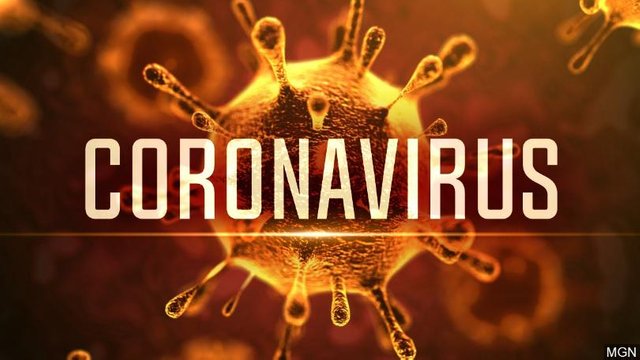CORONA VIRUS RESEARCH: KEYS TO DIAGNOSIS, TREATMENT, AND PREVENTION OF SARS
For coronavirus investigators, the recognition of a new coronavirus as the cause of severe acute respiratory syndrome (SARS) was certainly remarkable, yet perhaps not surprising (Baric et al., 1995). The cadre of investigators who have worked with this intriguing family of viruses over the past 30 years are familiar with many of the features of coronavirus biology, pathogenesis, and disease that manifested so dramatically in the worldwide SARS epidemic. Advances in the biology of coronaviruses have resulted in greater understanding of their capacity for adaptation to new environments, transspecies infection, and emergence of new diseases. New tools of cell and molecular biology have led to increased understanding of intracellular replication and viral cell biology, and the advent in the past five years of reverse genetic approaches to study coronaviruses has made it possible to begin to define the determinants of viral replication, transpecies adaptation, and human disease. This summary will discuss the basic life cycle and replication of the well-studied coronavirus, mouse hepatitis virus (MHV), identifying the unique characteristics of coronavirus biology and highlighting critical points where research has made significant advances, and which might represent targets for antivirals or vaccines. Areas where rapid progress has been made in SCoV research will be described. Finally, areas of need for research in coronavirus replication, genetics, and pathogenesis will be summarized.
